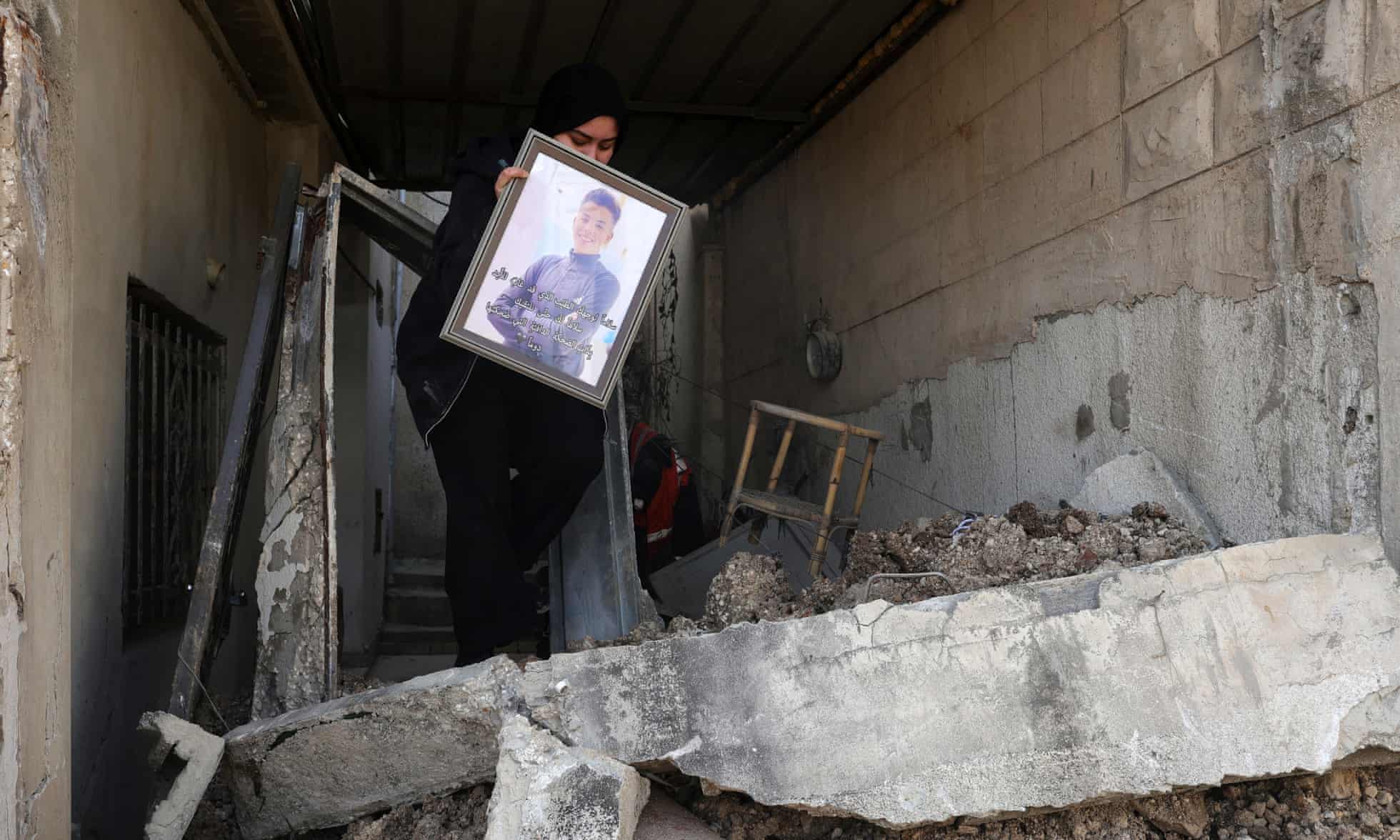 In early 2010, one of Washington DC’s most prestigious think tanks was holding a seminar on the Middle East which included a discussion of Israel’s December 2008-January 2009 assault on Gaza which killed about 1,300 Palestinians. When the death toll was mentioned, one expert on the panel smiled enigmatically and intoned: “It’s unfortunate, but every once in a while you have to mow the lawn.”
In early 2010, one of Washington DC’s most prestigious think tanks was holding a seminar on the Middle East which included a discussion of Israel’s December 2008-January 2009 assault on Gaza which killed about 1,300 Palestinians. When the death toll was mentioned, one expert on the panel smiled enigmatically and intoned: “It’s unfortunate, but every once in a while you have to mow the lawn.”
The remark, which likened killing hundreds of men, women and children – many of them noncombatants – with trimming the grass, was greeted with a light tittering around the room, which was filled with some of Washington’s most elite, highly educated and well-paid Middle East experts. Not a single one objected to the panelist’s black humor.
On the contrary, several analysts and experts were grinning at the reference to Israel’s strategy of mounting periodic attacks on the Palestinians to cull each new generation of militants. Such is the nonchalance of Washington’s policy-advising cognoscenti toward the ongoing and systematic genocide of Gaza’s oppressed population.
The cavalier language is symptomatic of the policymaking community’s increasingly pervasive tendency to disregard and disparage the humanity of Palestinian victims of Israeli attacks, which are often waged by Israel’s high-tech drones and U.S.-supplied F-16’s. There is also a tendency to ignore or downplay Israeli war crimes.





 The first amendment guarantees freedom of speech and freedom of assembly. It will have little meaning...
The first amendment guarantees freedom of speech and freedom of assembly. It will have little meaning... On Monday, August 6, 1945, after six months of intense firebombing of 67 other Japanese cities,...
On Monday, August 6, 1945, after six months of intense firebombing of 67 other Japanese cities,... Later this month, on the holiday of Purim, Jewish people will dress in silly costumes, eat...
Later this month, on the holiday of Purim, Jewish people will dress in silly costumes, eat...






























